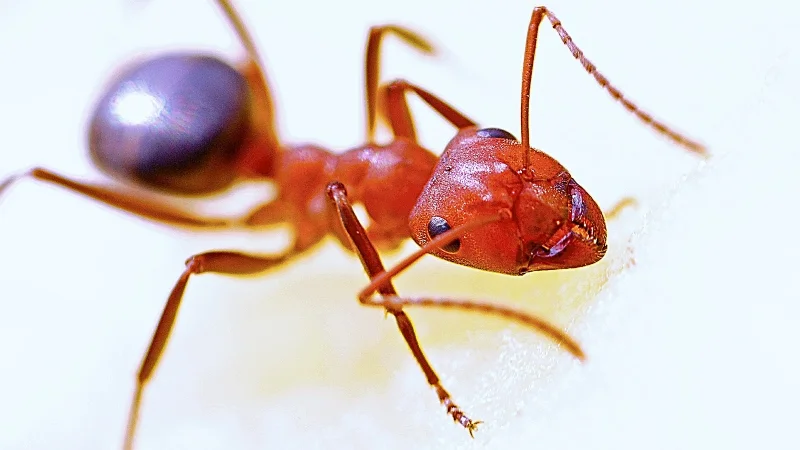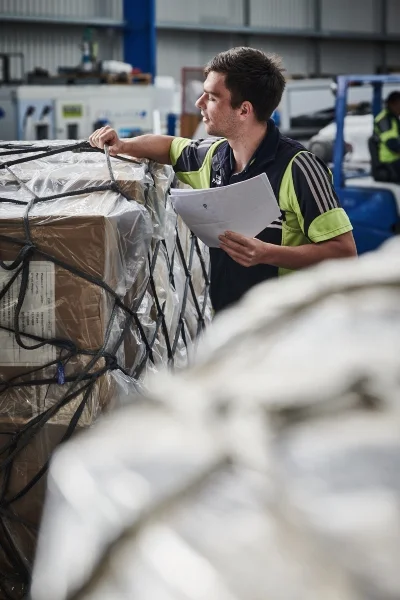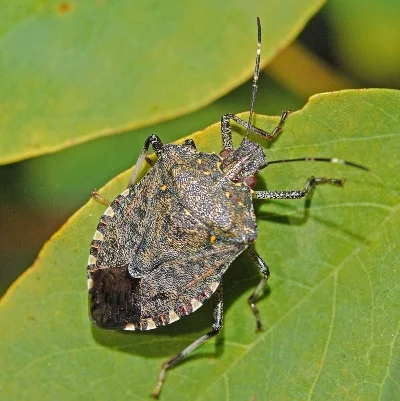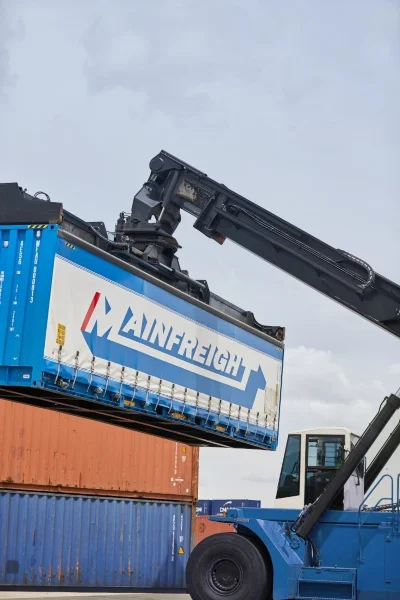- 21 June 2024
The Crucial Connection: Biosecurity, Logistics and Import Regulations in Australia
Australia faces a significant threat from a tiny invasive species of red fire ants originating from South Africa. Initially discovered in Brisbane, Queensland in 2001, these ants were introduced to Australia through shipping cargo that slipped past Australia's strict biosecurity measures. Listed by the Australian federal government as an invasive species, these ants are a key threat to Australia’s flora, fauna and the wellbeing of citizens. To eradicate the species, $1.2 billion of federal and state funding has been allocated.
The presence of red fire ants serves as a reminder of the genuine threat Australia encounters due to lapses in biosecurity measures. Biosecurity, which focuses on safeguarding against the spread of invasive pests, diseases and species, plays a crucial role in maintaining the health of our ecosystems, industries and communities. This responsibility becomes even more critical when viewed within the framework of freight and logistics, where rigorous biosecurity protocols are essential for halting the entry and proliferation of unwanted organisms.

Importance of biosecurity in the logistics industry
Biosecurity stands as a crucial component within the logistics industry, playing a significant role in protecting the environment, public health and agricultural sectors. Its significance is particularly pronounced within logistics, where the global exchange of goods carries the potential to introduce harmful species into Australia. Implementing stringent biosecurity measures, such as comprehensive inspection and quarantine protocols, risk evaluations, and specialised packaging and transportation methods, is essential to ensure the secure and smooth flow of goods. The Department of Agriculture, Fisheries and Forestry bear the responsibility for overseeing biosecurity threats and risks at the national border. They administer a complex set of requirements outlined in both the Biosecurity Act 2015 and the Biosecurity Regulation 2016. The department is tasked with meticulous screening, inspection and ultimately, the clearance of millions of cargo consignments and individuals entering Australia annually.

How are your goods inspected and cleared?
The Department will use the importer's provided declarations and information to clear cargo upon its arrival in Australia. It is essential to ensure that you provide all necessary documents required for the transportation of your goods. These documents include the following:
-
Commercial invoice - This document is provided by the supplier; it details the price and amount of sold goods.
-
Packing list - Also provided by the supplier, it confirms how the goods are packed, the cargo weight and dimensions.
-
Packaging declaration - Only required if the freight is shipped by sea. This is to inform customs of the packing material used.
-
Certificate of origin - If the exporting country has a free-trade agreement with Australia, this document allows the importer to comply with duty charge exemptions.
The Department of Agriculture, Fisheries and Forestry will then issue the importer with one of the following instructions:
-
The goods are to be released from biosecurity control.
-
The goods must be inspected.
-
The goods must be treated.
-
The goods must be isolated.
-
The goods must be held pending further information.
What happens if your freight doesn’t pass inspection?
Your freight will be directed to be treated at the importers expense. Some of the treatments that may be instructed:
-
Heat treatment
-
Steam cleaning
-
Fumigation
-
Seed cleaning
-
Gamma radiation
What is searched for during inspections?
1. Contamination
Freight entering Australia must be free of any biosecurity risk materials. These materials include:
-
Soil
-
Plant material
-
Pests
-
Insects
2. Packaging materials
Packaging materials like plastic and plywood are considered safe and pose a low biosecurity risk. Timber, bamboo, and dunnage, however, are subject to import regulations due to their higher biosecurity risk. Dunnage and timber require mandatory treatment in accordance with ISPM 15 regulations.
The Mainfreight difference
Coordinating the importation of freight can be a time-consuming task, and lacking the proper documentation can lead to costly complications. Mainfreight can help in managing your biosecurity requirements and navigating this import process. Our team of experienced freight forwarders can provide guidance and ensure a seamless transportation of your goods to and from Australia. Using our international air and seafreight services, we can provide the following support:
1. Restricted Sea and Air freight depots
Access to our dedicated air/sea freight depots allows sea and air cargo deconsolidation, efficient container inspections, fumigation, and cleaning for biosecurity control.
2. Fresh produce, nursery stock and cut flowers
Approved sites that can deconsolidate, store, inspect and treat fresh fruit and vegetables, cut flowers and nursery stock.
3. Temperature controlled storage
Dedicated areas and warehouses that can receive, store, inspect and package freight that has temperature requirements.
4. Fumigation Services
Approved sites that have certifications to conduct fumigation for goods, containers, and packaging under biosecurity control. Fumigation eliminates pests and insects, especially in containers with wooden packaging, reducing contamination risk.


Learn more about our biosecurity and customs services
Find out how Mainfreight can help solve your importing and exporting needs.
Find Out More